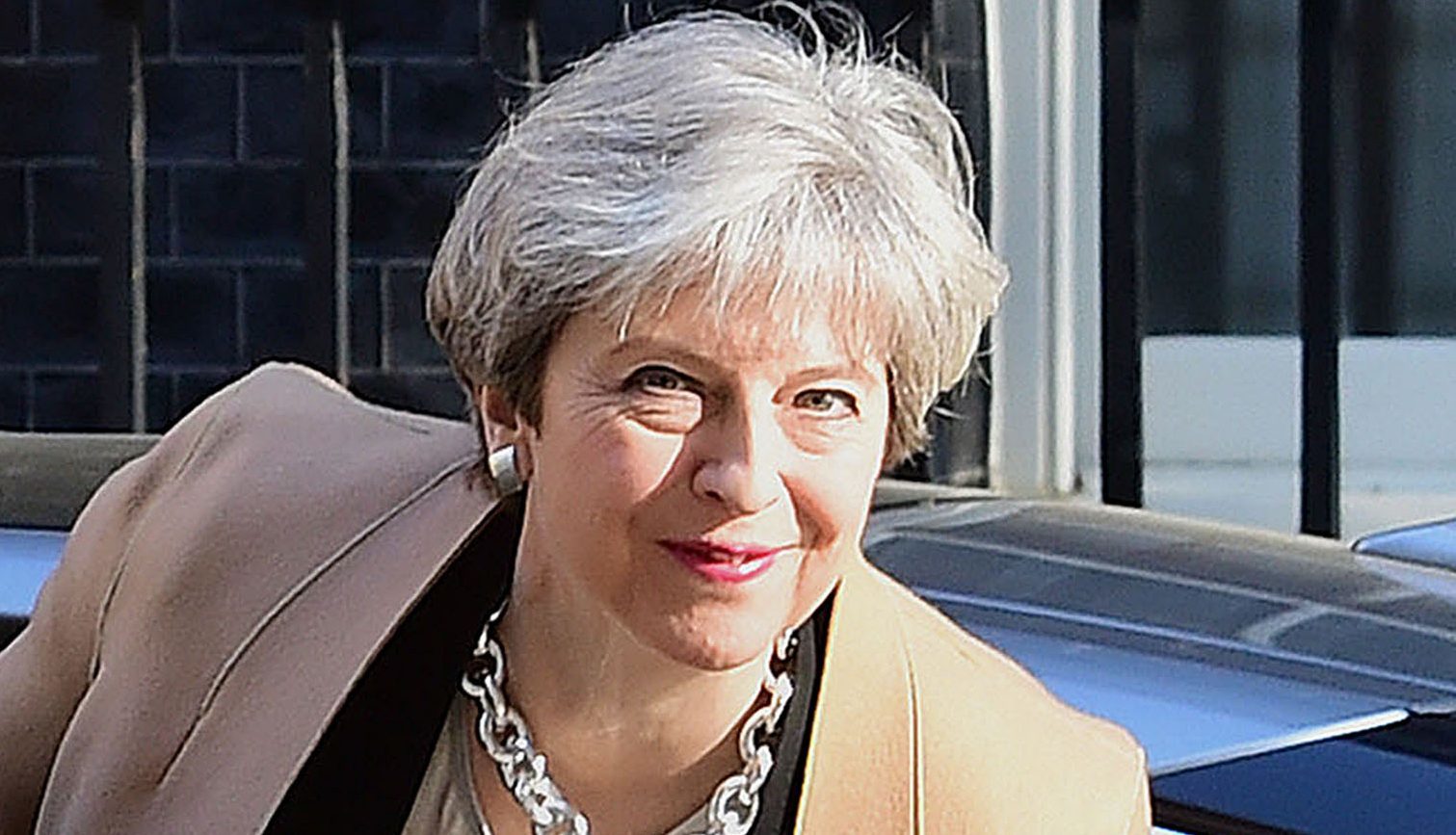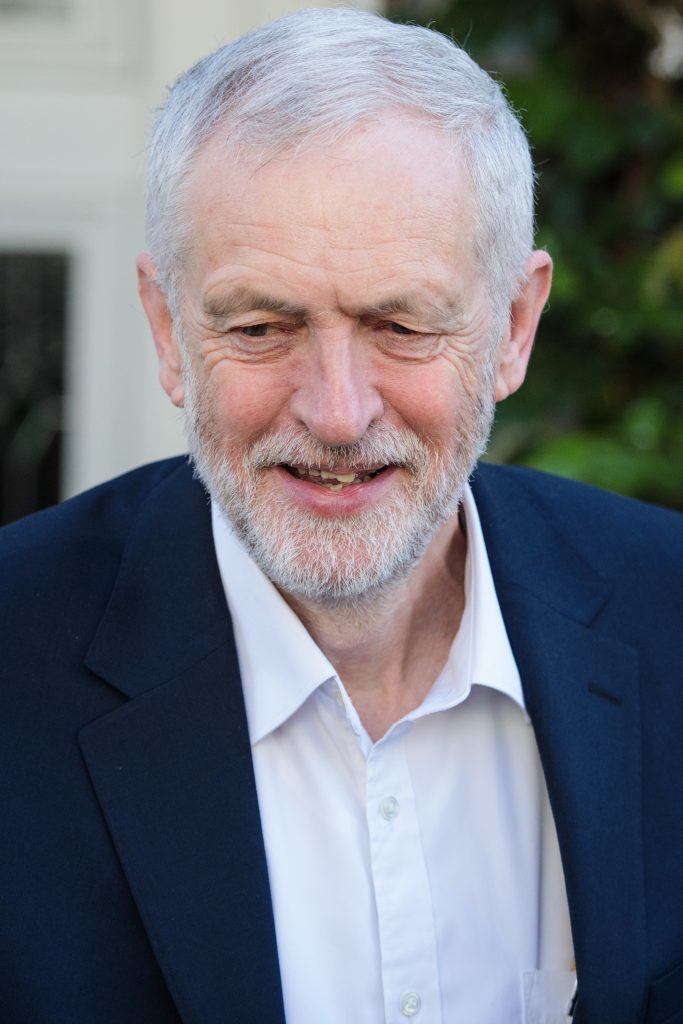
THERESA MAY has confirmed she will not face Jeremy Corbyn in televised debates during the general election.
The Prime Minister said she believed campaigning should be getting “out and about” meeting voters.
There have been calls for TV broadcasters to “empty chair” Mrs May in election-time leaders’ debates if she refuses to take part.
She told BBC Radio 4’s Today programme: “We won’t be doing television debates.”
Mrs May added: “I believe in campaigns where politicians actually get out and about and meet with voters.
“That’s what I have always believed in, it’s what I still believe and I still do it – as Prime Minister, as a constituency MP, I still go out and knock on doors in my constituency.
“That’s what I believe in doing, that’s what I’m going to be doing around this campaign.”
Within hours of the Prime Minister announcing her June 8 snap election, Labour leader Mr Corbyn threw down the gauntlet to the Prime Minister to agree to televised debates, which he said were “what democracy needs and what the British people deserve”.
Liberal Democrat leader Tim Farron accused Mrs May of “bottling” and said broadcasters had a “moral duty” to go ahead with the showdowns even if she fails to take part.
And Plaid Cymru leader Leanne Wood – whose profile received a major boost from her involvement in two of the 2015 broadcasts – said: “Theresa May should be empty chaired if she doesn’t show up to any planned TV debates.”
So PM won't debate with opposition leaders. Clearly worried about hard-Brexit, austerity record and scared of Nicola Sturgeon #GE17 #VoteSNP
— Angus Robertson (@AngusRobertson) April 19, 2017
Veteran broadcaster David Dimbleby, who hosted debates on the BBC in 2010 and 2015, has warned the “perilous” stance could backfire on the PM.
A BBC spokesman said it was too early to say whether the broadcaster would seek to stage a debate.
ITV is understood to be considering hosting a broadcast.
Live TV debates took place for the first time in a UK general election in 2010, with three clashes between the leaders of the three biggest national parties, Gordon Brown, David Cameron and Nick Clegg.
Following considerable wrangling over formats, the 2015 election campaign saw one debate featuring Mr Cameron and Mr Clegg alongside Labour’s Ed Miliband and leaders of Ukip, the Scottish National Party, Greens and Plaid Cymru, as well as a second debate with the five non-coalition parties and programmes in which Mr Cameron, Mr Clegg and Mr Miliband answered questions but did not debate face-to-face.

Enjoy the convenience of having The Sunday Post delivered as a digital ePaper straight to your smartphone, tablet or computer.
Subscribe for only £5.49 a month and enjoy all the benefits of the printed paper as a digital replica.
Subscribe